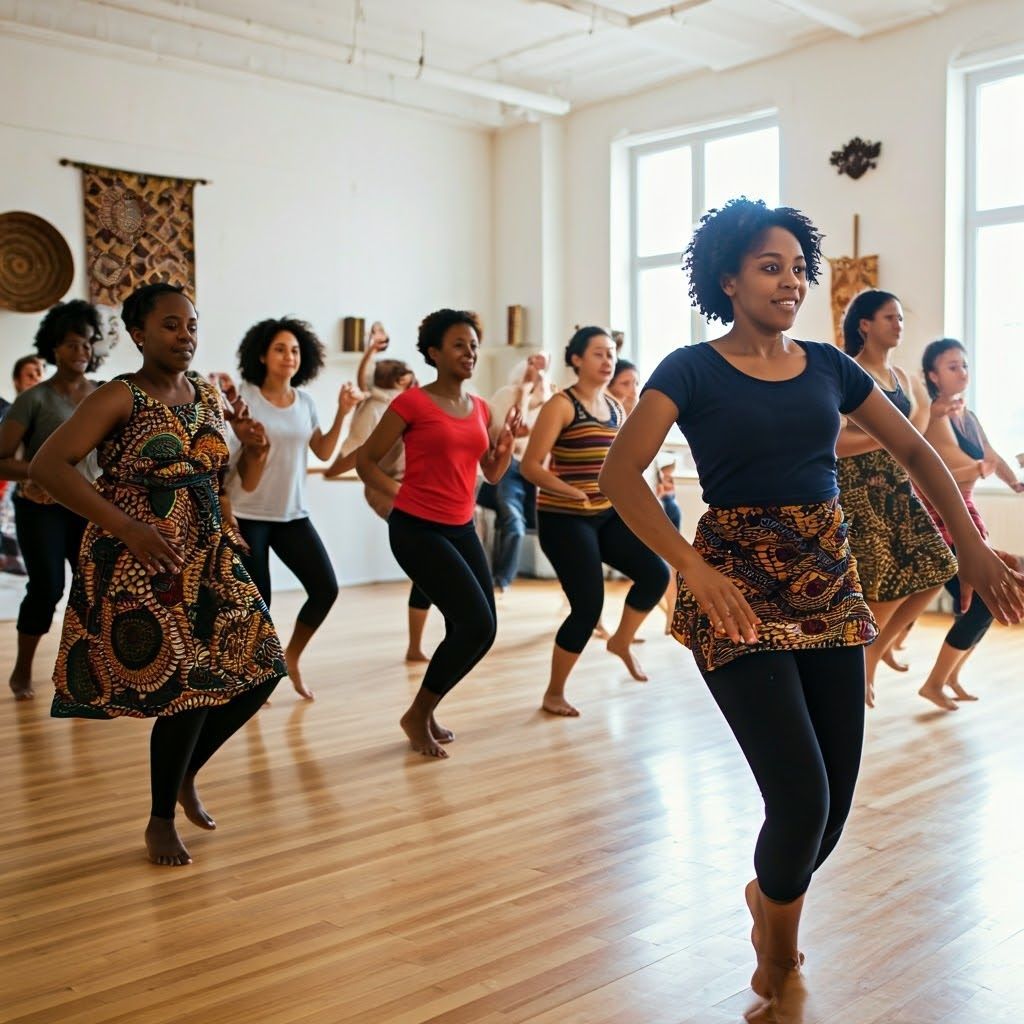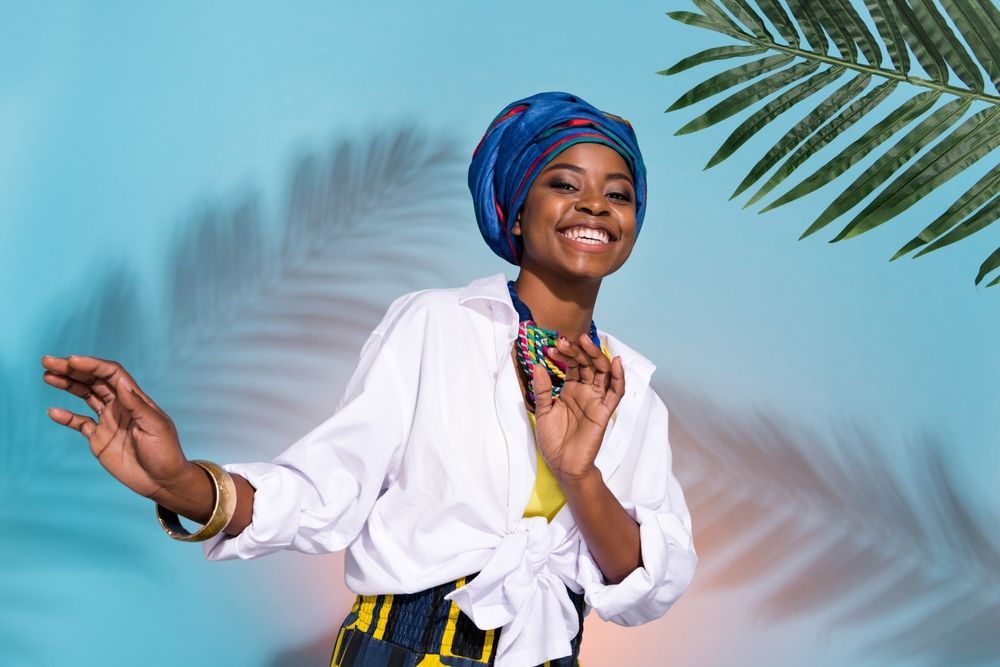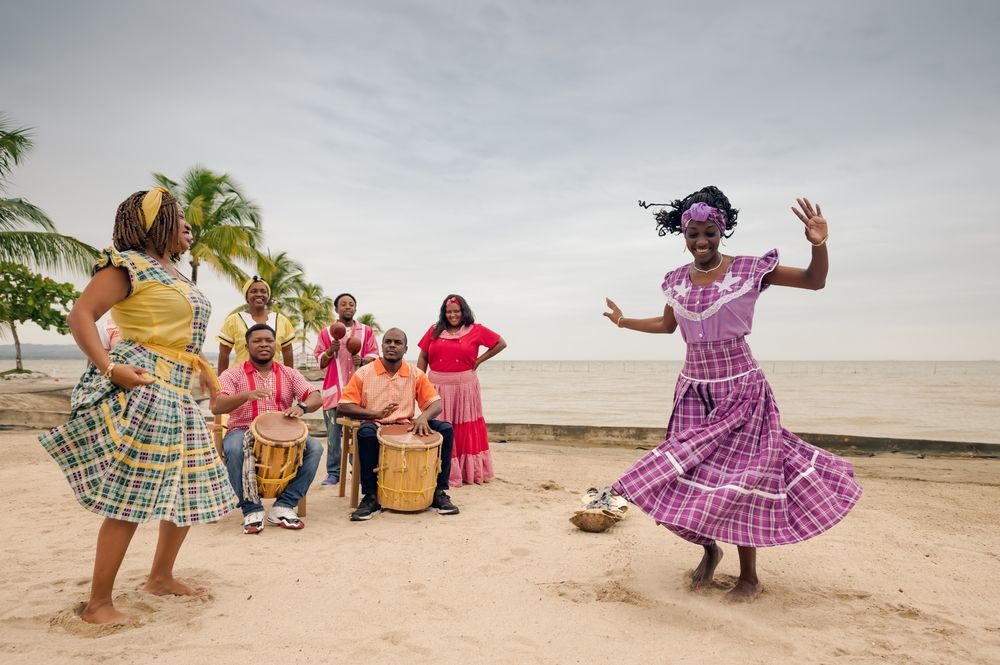Beyoncé’s Depiction of Osun: A Celebration of African Spirituality, Not Witchcraft or Devil Worship
Beyoncé has consistently been at the forefront of cultural innovation, often using her platform to honor the beauty and richness of African traditions. One of the most powerful examples is her depiction of Osun, the Yoruba goddess of love, fertility, beauty, and fresh waters, in her visual album Black Is King. Unfortunately, some have misunderstood such portrayals as witchcraft or devil worship. However, Beyoncé’s work is far from such interpretations; it is a reverent homage to African spirituality and culture.
Who is Osun?
Osun (also spelled Oshun) is one of the Orishas, or divine entities, in the Yoruba religion, a spiritual tradition rooted in West Africa that has spread globally through the African diaspora. Osun embodies love, harmony, femininity, and the nurturing power of water. She is often associated with the color gold and the flowing elegance of rivers, symbolizing abundance, beauty, and the interconnectedness of life.
Far from sinister, the Yoruba religion is a holistic and sacred worldview that respects nature, human relationships, and the divine. It emphasizes balance, community, and the honoring of ancestors and deities. However, when such indigenous practices are viewed through the lens of colonial or Western religious frameworks, which have historically demonized African spiritual systems, misunderstandings arise.
Beyoncé’s Tribute in Black Is King
In Black Is King, Beyoncé incorporates Osun’s imagery through her stunning visuals. Clad in flowing yellow garments and surrounded by water, Beyoncé embodies the goddess’s essence, radiating beauty, strength, and grace. These choices were not arbitrary but deeply symbolic, reflecting Osun’s significance within Yoruba spirituality and the broader African diaspora.
The visual album is a love letter to Blackness, celebrating African history, culture, and resilience. Beyoncé’s Osun-inspired aesthetics remind us of African heritage and the spiritual systems that sustained enslaved peoples throughout their struggles. This reclamation of African identity stands in stark contrast to the oppressive narratives imposed by colonialism and slavery.
Why It’s Not Witchcraft or Devil Worship
The mislabeling of Beyoncé’s depiction of Osun as witchcraft or devil worship stems from centuries of ignorance and prejudice toward African spiritual systems. During the transatlantic slave trade, enslaved Africans were forcibly stripped of their cultures and religions. Their deities and practices were demonized by colonizers, who sought to replace them with Christianity. This historical erasure created a legacy of fear and misunderstanding that persists today.
What Beyoncé does in Black Is King is neither sinister nor occult. She highlights a spiritual tradition deeply rooted in love, balance, and reverence for nature. For many in the African diaspora, her portrayal affirms their heritage and reminds them of the spiritual wealth that survived centuries of displacement and cultural suppression.
Cultural Appreciation, Not Appropriation
It’s important to note that Beyoncé’s tribute to Osun is a respectful celebration, not cultural appropriation. Beyoncé As an African American woman, Beyoncé shares a lineage connected to Yoruba traditions, making her exploration of these themes an act of reclamation rather than exploitation. Through her art, she educates and empowers her audience, bridging gaps between Africans and the African diaspora.
Conclusion: A Celebration of Heritage
Beyoncé’s depiction of Osun is an invitation to embrace the beauty and depth of African spirituality. It celebrates love, femininity, and the enduring strength of African cultures. Misunderstanding these representations as witchcraft or devil worship diminishes the richness of these traditions and perpetuates harmful stereotypes. Instead, we should view Beyoncé’s work as a call to honor the diverse spiritual practices that shape our shared humanity. In a world where African traditions have often been maligned, Beyoncé’s portrayal is a beacon of pride and reclamation.



